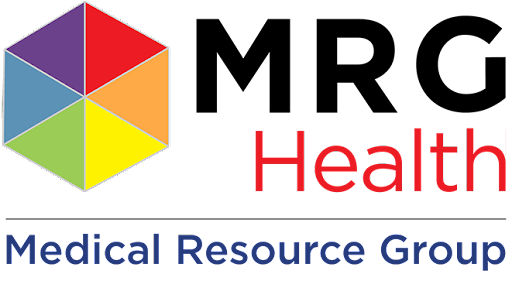Billing & Coding Audits
Our independent, outside coding audits demonstrate that reasonable steps have been taken to ensure compliance.

Credentialing is the process of obtaining and reviewing documentation to determine participation status in a health plan. The documentation may include, but not be limited to, the applicant’s education, training, clinical privileges, experience, licensure, accreditation, certifications, professional liability insurance, malpractice history and professional competence. Generally, the terms credentialing and recredentialing include the review of the information and documentation collected, as well as verification that the information is accurate and complete.

We cover the full spectrum of qualified healthcare professionals to meet your patient population’s needs ALL in one platform.
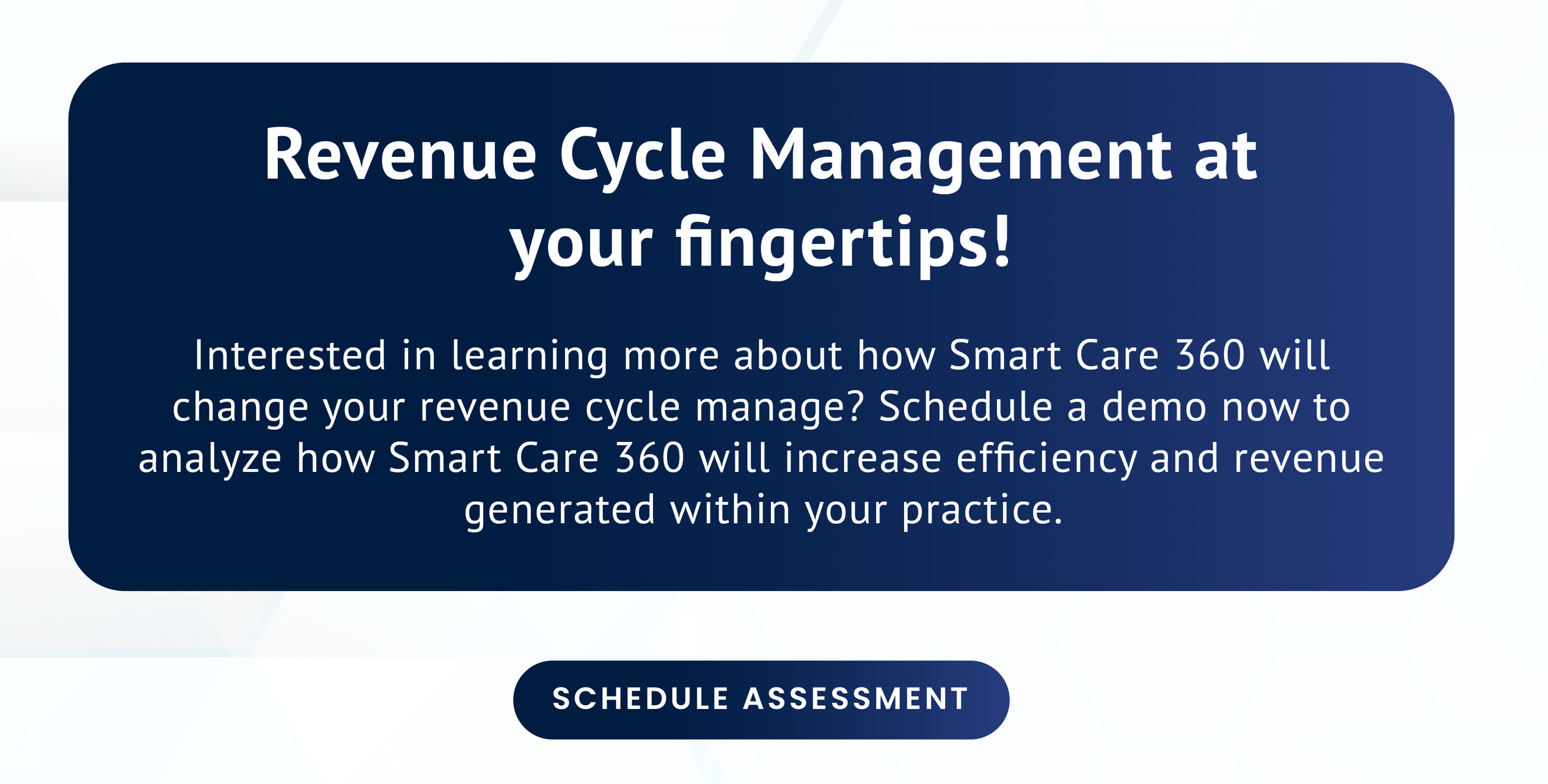
Identifying patients with specific target diseases or determinants of health for approval or denial and insurance verification & authorization.
Configuration of care plans, patient care tasks, education program, outreach, enrollment, consent documentation and EMR integration upon request.
We jump through all the hoops to get paid for you from start to finish, mediate denied claims, manage any insurance audits, and take financial risk on clawbacks due to our digital footprint and audit trail.


RPM adds a new revenue stream to your practice and allows you to get reimbursed for monitoring patient’s vitals more closely while increasing patient care.

Starting the RPM program can improve patient satisfaction as it adds regular check ins with patients, improves their outcomes and keeps them more engaged with your practice.

SmartCare 360 dashboard allows providers to easily review patient’s data and take actions if necessary.

At the end of every month, SmartCare 360 automatically creates a report and drops claims with appropriate codes through your own EHR.

Identifying high risk patterns through our decision logic or from data with proper actions, either by a notification to patient or contact by their care manager.

Our virtual care team is here to assist your patients along the way to reaching a better quality of life 365 days a year.

Interested in learning more about how SmartCare 360 will change your revenue cycle manage?




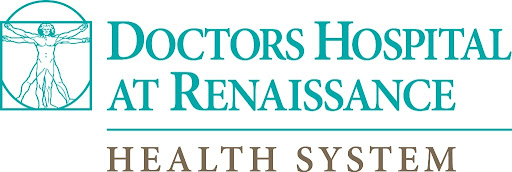
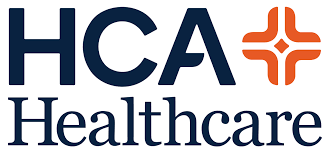





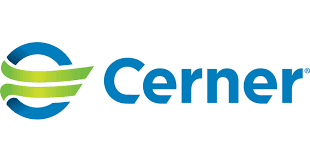



It is important to learn about the doctor with whom you trust your health. A combination of formal education, training, and experience form Dr. Taylor’s credentials, which uniquely qualify her to provide you with the best approach to achieving your optimum health
Here are a few highlights:






Physician Assistant turned Entrepreneur with Bachelor in Neuroscience, Masters in Public Health and Health Sciences, After working 80 hours a week as a cardiothoracic surgery physician associate, my workload took a toll on my personal and professional life. That was when I realized my life needed to change. I ended up taking a deep dive into performance sciences and positive intelligence. As a result, I cut down my clinical hours by 30% and increased my income by 50%.

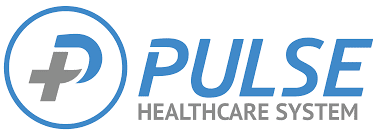
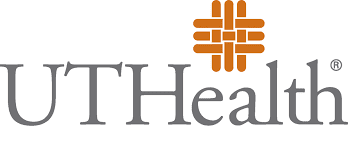
Experienced Healthcare Executive with a demonstrated history of working in a hospital setting and various other health care facilities. Skilled in Healthcare Operations, EHR & PM Systems, Budgeting, HR Management, Strategic Planning, and Revenue Cycle Management, . Strong business development professional with a Doctorate in Management and Organizational Leadership, Master’s in Healthcare Administration, Master’s in Business Administration. Exceptional track record of establishing strong leadership teams and developing effective operational efficiencies in healthcare operations. Establish and maintain good working relationships with physicians, staff, vendors, government agencies, managed care companies, and clients.


